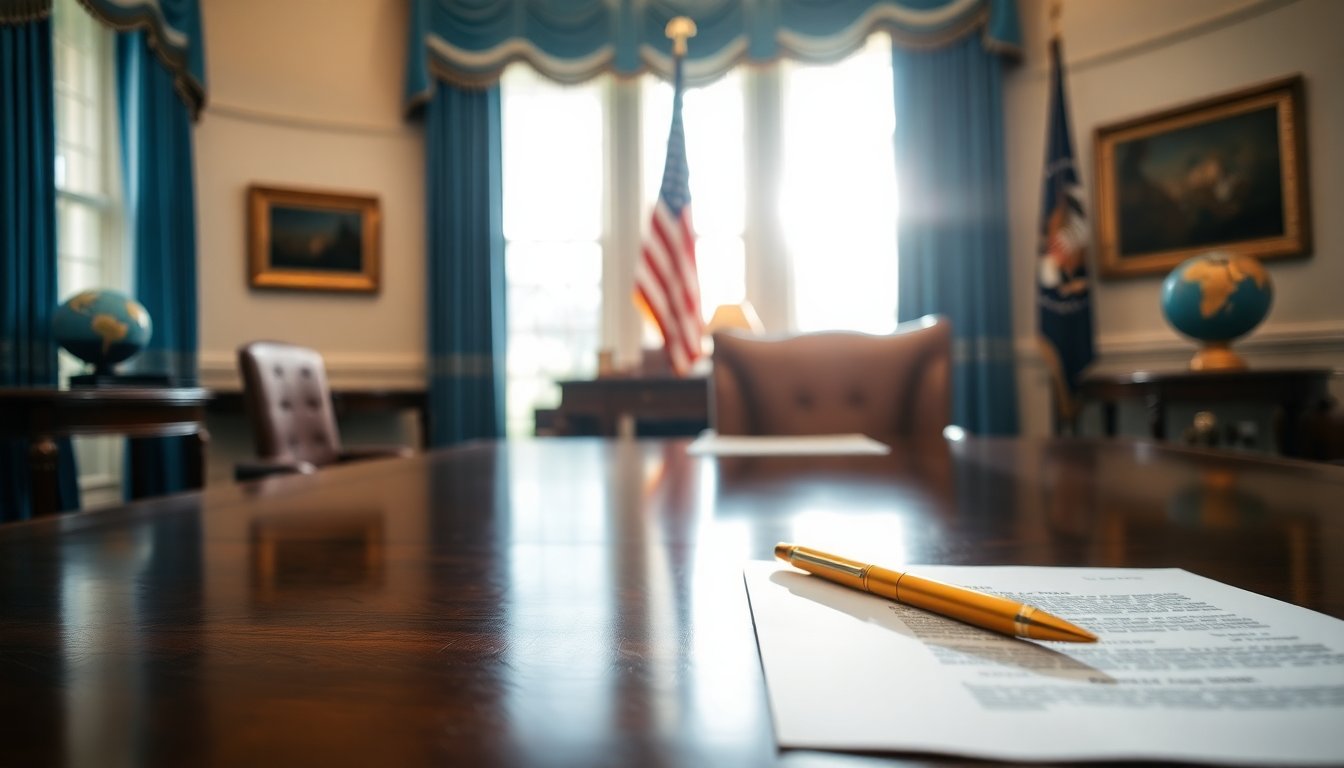Table of Contents
The recent meeting between Syrian President Ahmed al-Sharaa and U.S. President Donald Trump at the White House represents a landmark moment in the history of U.S.-Syria relations. This event signifies the first time a Syrian head of state has visited the White House since the country gained independence from France in 1946. With the backdrop of a shifting geopolitical landscape, Syria’s decision to join the international coalition against the Islamic State group has captured global attention and raised questions about the future of the region.
A new era in U.S.-Syria relations
During their meeting, President Trump expressed optimism about Syria’s potential for recovery and transformation. Al-Sharaa, who has undergone a significant rebranding from his previous militant ties to becoming the interim leader, emphasized his commitment to fostering a relationship with the United States. He stated that this meeting marked the beginning of a new era in which Syria would actively collaborate with the U.S. to combat terrorism.
From pariah to partner
Once regarded as a terrorist leader due to his affiliations with militant groups, al-Sharaa has shifted his focus towards rebuilding Syria after years of conflict. Notably, he led the effort to overthrow former President Bashar Assad and has since been striving to improve his nation’s international standing. This transformation is underscored by the recent removal of al-Sharaa from the U.S. Treasury Department’s list of specially designated global terrorists, a pivotal step that highlights the changing dynamics of his leadership.
Impact on the international coalition
Syria’s inclusion as the 90th member of the coalition targeting the Islamic State is poised to enhance collaborative efforts against this extremist group. The announcement made by a senior official from the Trump administration reflects a notable shift in U.S. foreign policy in the Middle East, as it signals a willingness to engage with former adversaries under certain conditions.
Economic implications and sanctions relief
In tandem with Syria’s entry into the coalition, the Trump administration has indicated plans to revoke certain economic sanctions that have hindered the country’s development. By suspending the Caesar Act, which imposed strict penalties on the previous Syrian government, the U.S. aims to provide clearer guidelines for international investors looking at opportunities in Syria’s recovering economy. Trump expressed hope that lifting these restrictions would facilitate Syria’s journey toward stability and prosperity.
Challenges ahead
Despite the optimistic developments, significant challenges remain for al-Sharaa’s government. His leadership has faced accusations of human rights violations, particularly against minority groups within Syria. Al-Sharaa has publicly pledged to address these issues by rooting out corrupt elements within his security forces, a move that is critical for gaining both domestic and international legitimacy.
The road to normalized relations
The path towards normalizing relations with the U.S. will require careful navigation of complex geopolitical realities. Al-Sharaa has expressed a desire to establish Syria as a reliable partner for the United States, indicating a shift from the turbulent past. However, any permanent repeal of sanctions would need Congressional approval, which may prove challenging considering the existing political climate.
As the world watches closely, the future of U.S.-Syria relations hangs in the balance. The outcome of this unprecedented diplomatic engagement could redefine not only Syria’s role in the fight against the Islamic State but also its position within the broader context of Middle Eastern geopolitics. The success of al-Sharaa’s administration in fostering peace and stability will ultimately determine the trajectory of this newly forged alliance.


